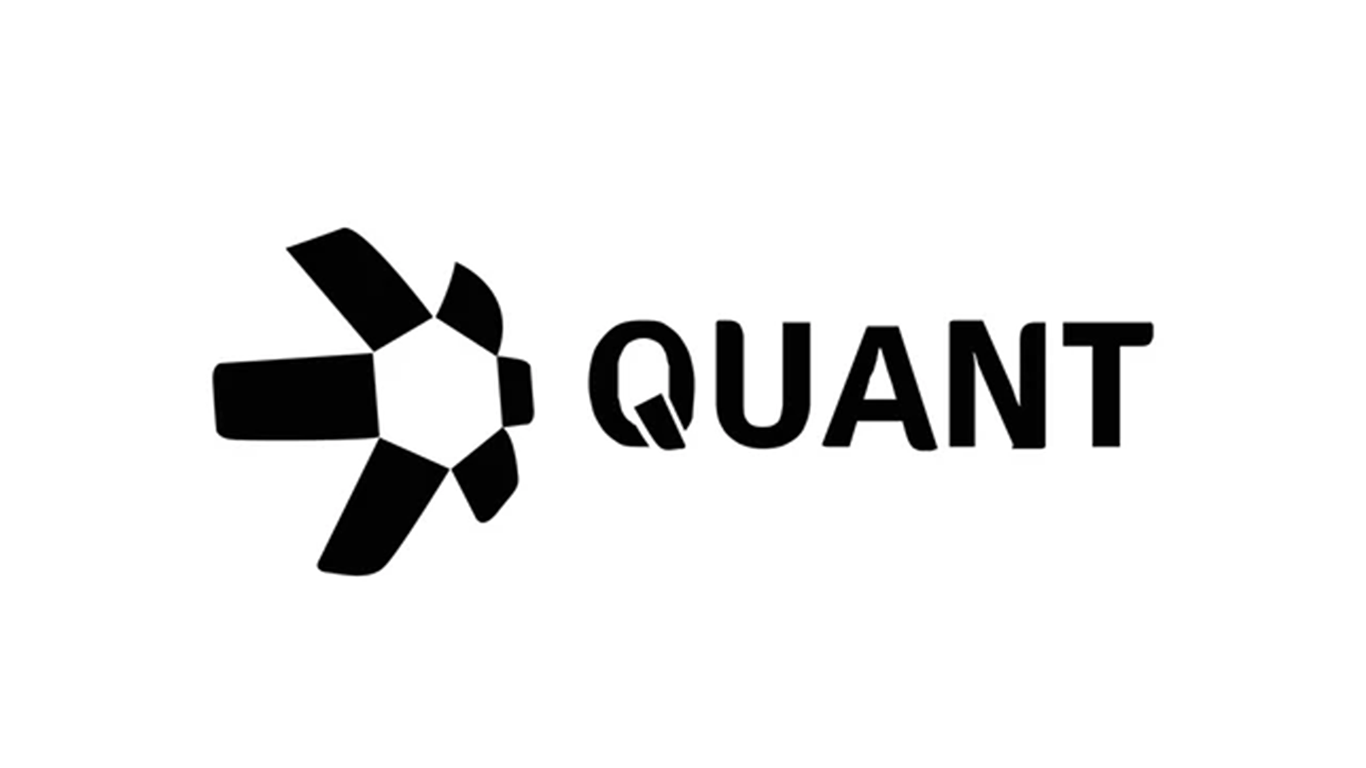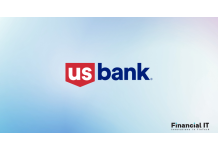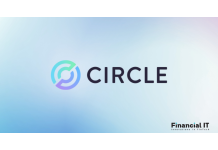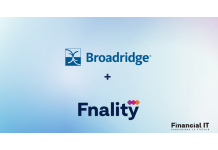U.S. Bank Resumes Bitcoin Cryptocurrency Custody...
- 09.09.2025 08:55 am
Aleo Joins Global Dollar Network to Expand Privacy-...
- 29.08.2025 09:15 am
SoFi Partners with Lightspark to Power Blockchain-...
- 20.08.2025 01:35 pm
Circle Launches Public Offering
- 13.08.2025 04:05 pm
Corpay Cross‑Border Using Blockchain Technology to...
- 06.08.2025 09:45 am
BNY Mellon And Goldman Sachs Launch Tokenized Money...
- 25.07.2025 05:45 am
Mogo Announces $50 Million Bitcoin Treasury...
- 03.07.2025 07:15 am
Ripple Builds on Dubai Regulatory License to Announce...
- 19.05.2025 07:15 am
Ripple Could Be Cracking the Blockchain Banking Code,...
- 12.05.2025 09:55 am
MoonPay Enters Strategic Collaboration with the TRON...
- 08.05.2025 05:45 am
MetaWealth Secures Virtual Asset Service Provider (...
- 29.04.2025 09:25 am
Broadridge Collaborates with Fnality to Enable Real-...
- 09.04.2025 10:05 am






















